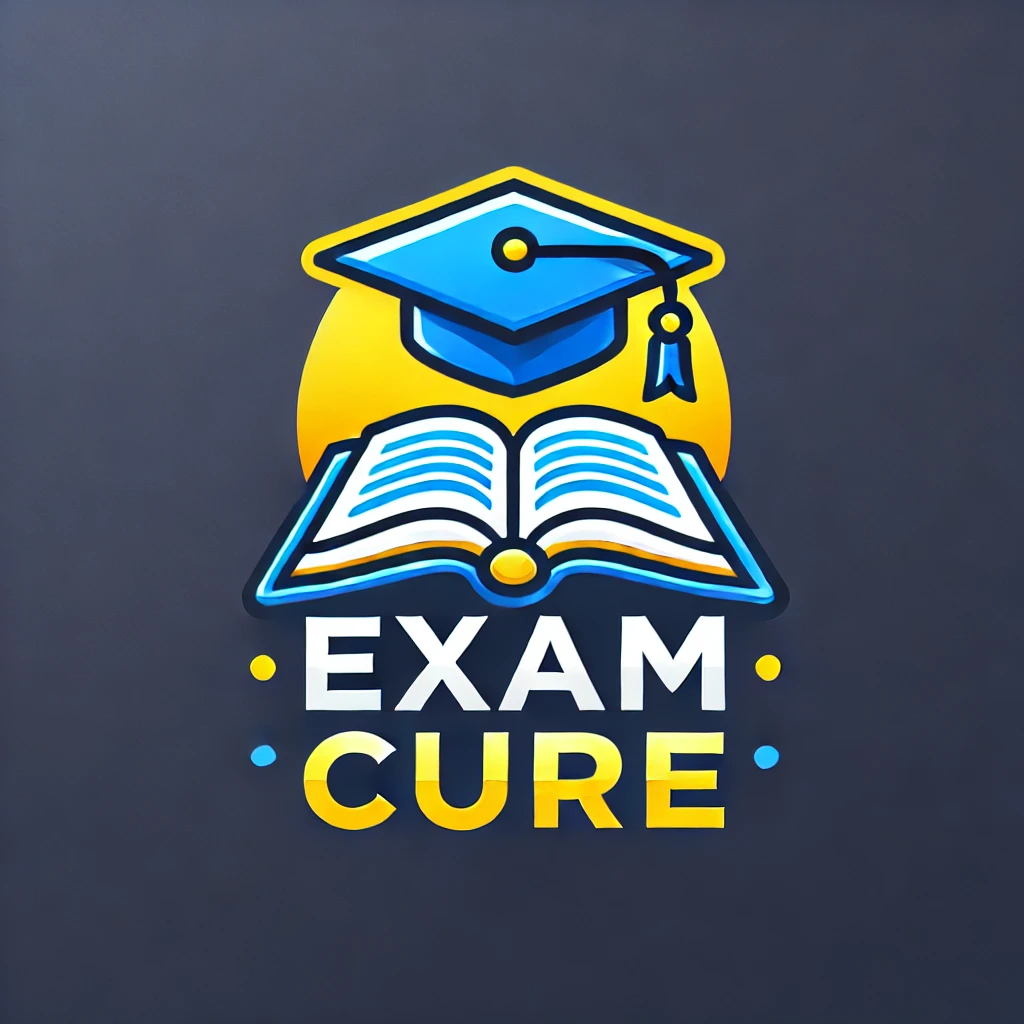Pharmacy Technician Exam MCQs Bank-2025
Course contents
Pharmacy Technician DHA Prometric Exam Overview
How many hours is the Pharmacy Technician Exam?
How many questions is the Pharmacy Technician Exam?
What topics are covered on the Pharmacy Technician DHA prometric Exam?
More About the Pharmacy Technician DHA Prometric Exam
Pharmacy Technician Prometric Exam
Duration: 3 Hours
Number of Questions: 150
Exam Code: PHT5451
Fee: USD 240
Pass Score: 55%
---
Exam Coverage
1. Pharmacy Calculation
Focus Areas: Dosage calculations, conversions, and dilution preparation.
Key Concepts:
Metric conversions, calculating dosage forms, and IV flow rates.
Tips: Regular practice of calculations to ensure speed and accuracy.
2. Pregnancy and Lactation
Focus Areas: Safe medication use in pregnancy and lactation.
Key Concepts:
Teratogenic risks, FDA pregnancy categories, and medication transfer to breast milk.
Tips: Familiarize yourself with drugs that are contraindicated in pregnancy and lactation.
3. Sterile and Nonsterile Compounding
Focus Areas: Preparation techniques for sterile and non-sterile products.
Key Concepts:
Aseptic techniques, USP compounding standards, and types of preparations.
Tips: Understand compounding procedures and safety protocols.
4. Infection Control
Focus Areas: Prevention of contamination and proper hygiene practices.
Key Concepts:
Handwashing, sterilization methods, and personal protective equipment.
Tips: Review guidelines for infection control in pharmacy settings.
5. Medication Safety
Focus Areas: Safe dispensing practices and error prevention.
Key Concepts:
Look-alike/sound-alike drugs, high-alert medications, and safety protocols.
Tips: Study risk factors for medication errors and preventive measures.
6. Pharmacokinetics
Focus Areas: Basic pharmacokinetic principles related to drug absorption, distribution, metabolism, and excretion (ADME).
Key Concepts:
Concepts like half-life, bioavailability, and therapeutic window.
Tips: Focus on understanding drug interactions and how they influence drug efficacy and safety.
7. Pharmaceutical Care and Disease State Management
Focus Areas: Basics of managing common disease states with appropriate therapies.
Key Concepts:
Role of a pharmacy technician in assisting with disease management.
Tips: Understand the basics of medication therapy for chronic conditions.
8. Over the Counter (OTC) Medication
Focus Areas: Common OTC products, indications, and patient counseling.
Key Concepts:
Pain relievers, allergy medications, cold remedies, and digestive aids.
Tips: Familiarize yourself with popular OTC medications and their uses.
9. Pharmacy Law and Ethics
Focus Areas: Regulations governing pharmacy practice and ethical standards.
Key Concepts:
HIPAA, patient confidentiality, and legal responsibilities of a pharmacy technician.
Tips: Study federal and state regulations for pharmacy practice.
---
Study Recommendations
1. Blueprint-Based Preparation
Allocate study time based on the weight of each topic, emphasizing high-yield areas such as pharmacy calculations, infection control, and medication safety.
2. Core Textbooks and References
Recommended Books:
Remington: The Science and Practice of Pharmacy for a comprehensive understanding of pharmacy concepts.
Goodman and Gilman's The Pharmacological Basis of Therapeutics for insights into pharmacology.
Drug Information Handbook by LexiComp for a quick reference on drugs.
Pharmacotherapy: A Pathophysiologic Approach for disease state management basics.
3. Practice with Scenarios
Many questions are scenario-based. Practice with clinical scenarios to apply theoretical knowledge in real-world contexts.
4. Mock Tests and Timed Practice
Take timed mock exams to improve pacing and comfort with the question format.
5. Review Guidelines and Protocols
Emphasize compounding standards, infection control procedures, and pharmacy regulations.
6. Stay Updated on Recent Guidelines
Review the latest guidelines for infection control and medication safety protocols.
---
By following this structured outline and focusing on the key areas highlighted in the blueprint, you can improve your readiness for the Pharmacy Technician Prometric Exam. Good luck with your preparation!

